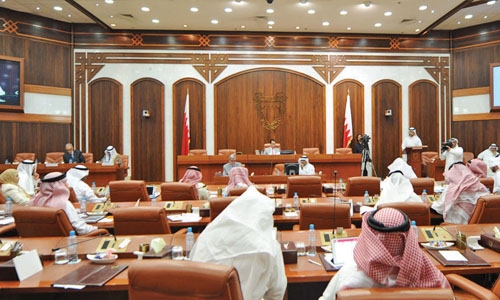MPs say ‘no’ to sanitation fees on expatriates
Manama : The majority of Bahraini legislators said ‘no’ to imposing fees on expats for receiving sanitation services, putting an end to a debate that lasted throughout the previous months.
This came during the regular session of the House of Representatives held on Tuesday and discussed amending some of the provisions of Law 33 of the year 2006 with regards to sewage and surface water discharge.
The amendments mainly focused on imposing fees on non-Bahrainis for receiving sanitation services, suggesting that “not more of 10 per cent of water consumption fees should be paid by beneficiaries in areas connected to sewage services, excluding domestic consumption of Bahrainis”.
During the session, several MPs such as the council’s Financial and Economic Affairs Committee Chairman Abdulrahman Buali, Isa Al Kooheji and Jalal Kadhim, called for passing the amendment as it comes to “refund part of the governmental services’ costs to maintain their quality, fulfil part of the increasing financial requirements in the sector and to provide highest standards of sewage services for all”. An opinion similar to the one provided a year back by Works, Municipalities Affairs and Urban Planning Ministry, which is responsible for sanitation and sewage services.
Anyway, the majority of MPs voted for removing the Article instructing to impose the new fees, and they only agreed to set a maximum fee of BD10 for connecting any property to the sewage network, which already covers over 95 pc of areas in the Kingdom.
BD160m spent in 7 years
The Ministry’s Works Affairs Undersecretary Ahmed Al Khayat supported the new amendments, explaining to MPs that “huge” amounts are annually spent on developing sewerage networks.
“BD160 million was spent on sanitation projects since 2010,” he said.
“There are areas such as Saraya and Buquwa that are yet to be connected to the sewerage network. Citizens won’t be affected by these fees. Investors who own big properties will bear these costs and it’s in return for services they’re receiving. Many of them are ready to pay such amounts to receive these services. The government is paying large sums of money to develop and maintain high quality services,” he explained.
Related Posts


